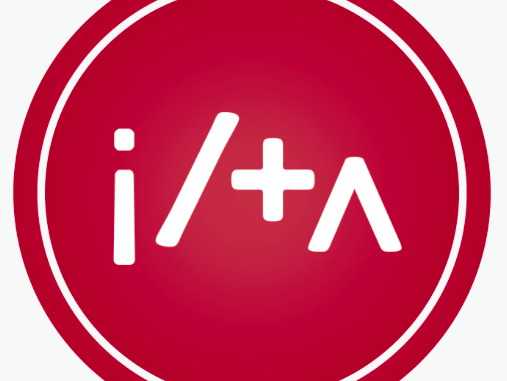
The International Legal Technology Association (ILTA) recently published its ‘Technology Purchasing Survey’ during its marquee annual event in Maryland, USA, giving significant space to AI in the results for the first time.
The survey, published with InsideLegal.com, provides a survey of 1,231 member law firms, to which 14% responded. Although it is important to note that only 19% of the responders, or 33 out of the total who replied, came from ‘Large Firms’, which is defined as having 200 or more lawyers.
This figure perhaps influenced the outcome of the answers related to AI, which tends to be used at present by firms that have well developed internal KM and tech support teams, i.e. often the larger firms. It is also worth noting that of the many law firms now making use of AI, according to Artificial Lawyer research, the majority have more than 500 lawyers and several have over 1,000 lawyers.
The first finding of the report regarding artificial intelligence (AI) software is that 3% of responding members said they had made legal AI software ‘purchases’ in the last 12 months and 6% intended to do so in the following 12 months, or 9% over a 24 month period for the 172 responders to the survey.
Also, 2% of respondents said they were already using AI systems in some way, with a further 11% ‘evaluating’ their use. Perhaps predictably at this stage half of those looking at AI were classed as working in ‘Large Firms’.
And finally, when asked where they saw legal AI most having an impact the respondents replied (in order, highest first): electronic discovery; document automation; legal research; contract analysis; case prediction; and finally compliance.
It’s also perhaps worth noting that 94% of the survey’s respondents were from North America, with 83% from the US where the discovery process is quite different from that in many other countries and where the e-discovery industry has been very well developed for more than a decade. In which case it is perhaps not surprising that this sample group focused on this particular potential use of AI.
In terms of the numbers of firms interested in AI in the sample, just 33 ‘Large’ firms responded, so it is difficult to extrapolate too far with the data. While some legal AI vendors are at pains to point out that AI solutions also work for small firms and provide them with an ability to ‘level the playing field’, it is likely that the majority of firms to use AI over 2016 and 2017 will be larger firms. In this respect the responses likely reflect the demographics of the survey population.
Overall, it is hard to draw any major conclusions from the ILTA data collected on AI demand, other than there is growing interest and the uptake of AI software has now moved beyond the handful level and into a wider group of firms, though demand remains small on a legal sector-wide basis. Though, given that the majority of law firms in the US, and most other markets, are small it is no surprise that AI remains a specialist area in terms of actual use, even if interest is widespread.
It perhaps also shows that with a largely American audience, AI applications appear to be expected to impact e-discovery more than any other area. And this may not be the case in other large legal markets such as the UK and Germany, for example.
2 Trackbacks / Pingbacks
Comments are closed.